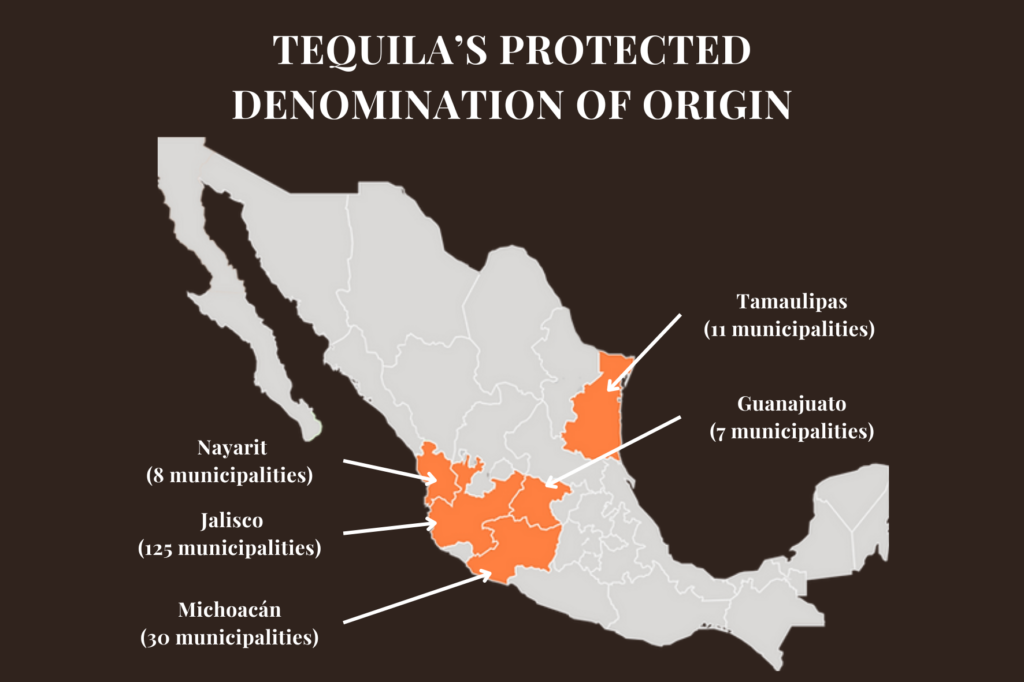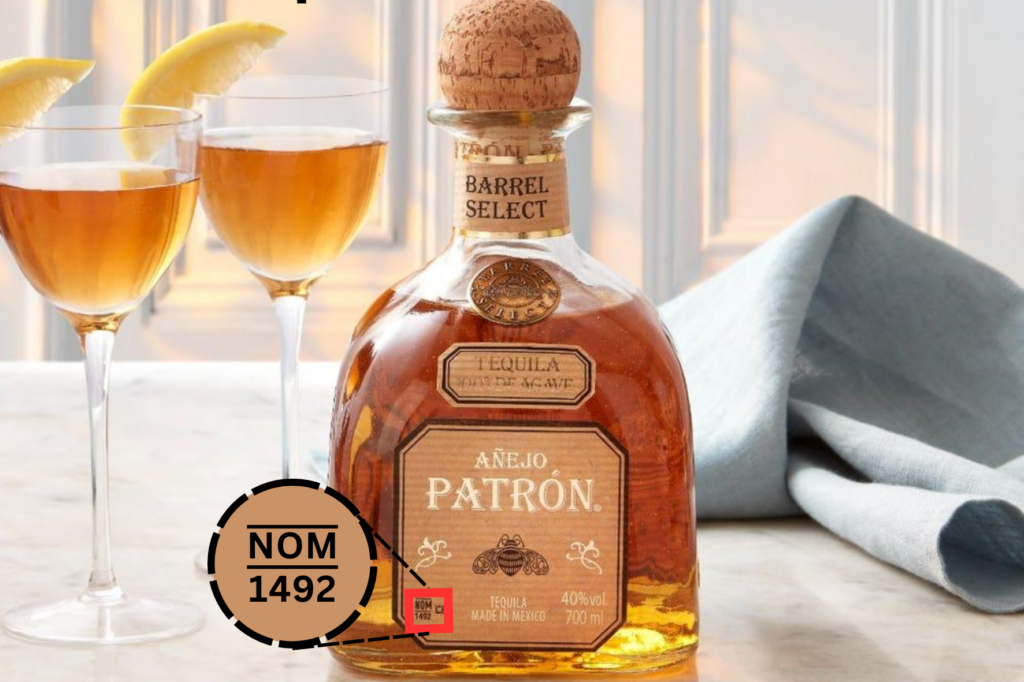A Denomination of Origin (DO) is a legal designation used to protect and regulate products that are closely linked to a specific geographic region and possess qualities or characteristics unique to that area.
The DO acts as a certification that the product is produced, processed, and prepared in a defined region using recognized methods and adhering to strict quality standards. Its main purpose is to ensure that a product’s quality, reputation, and distinct attributes are inherently tied to its place of origin.

DOs are often associated with products like wine, cheese, spirits, and other agricultural goods. They are established by governments or international organizations and are supported by comprehensive regulations regarding production processes, geographical boundaries, and raw materials.
Examples of products with DOs include:
- Scotch Whisky (Scotland) – Only whisky produced in Scotland following specific regulations can be labeled as Scotch.
- Rioja (Spain) – A wine region in Spain known for its red wines, primarily made from Tempranillo grapes.
- Champagne (France) – Sparkling wine produced in the Champagne region of France using traditional methods.
The Denomination of Origin for Tequila
For tequila, the Denomination of Origin Tequila (DOT) is a specific designation that ensures only spirits produced in certain regions of Mexico, using specified methods and ingredients, can be legally labeled as “tequila.” The DOT was established in 1974 and is governed by Mexican law, with international recognition from the World Intellectual Property Organization (WIPO).

The DOT geographically restricts tequila production to five states in Mexico: Jalisco (the primary region) and specific municipalities in Guanajuato, Michoacán, Nayarit, and Tamaulipas. Tequila must be made from the blue agave plant (Agave tequilana Weber var. azul), and the production process, which includes cultivation, harvesting, fermentation, distillation, aging, and bottling must follow stringent guidelines.
The Role of the CRT in Enforcing the DOT
The Consejo Regulador del Tequila (CRT), or the Tequila Regulatory Council, is the body responsible for overseeing and enforcing the DOT for tequila. Established in 1994, the CRT is a non-profit organization that includes stakeholders from the tequila industry, such as agave farmers, distilleries, bottlers, and government agencies.
The CRT enforces the DOT through several key mechanisms:
1. Certification and Inspection
The CRT certifies tequila producers and ensures that their methods comply with DOT standards. This involves thorough inspections at every stage of production, from agave cultivation to distillation and bottling.
Regular audits and unannounced inspections verify that producers adhere to required standards. Non-compliant producers can have their certification revoked, preventing them from legally selling their product as “tequila.”

My Journey to Mexico: A Journal By CEO Samuel Gordon
Our CEO, Samuel Gordon, takes you to visit Jalisco, one of the five regions in Mexico where tequila can legally be produced, uncovering all the secrets behind Tequila.
2. Quality Control
The CRT sets and enforces quality standards for tequila, covering everything from the purity of the agave used to the aging process for different types of tequila (e.g., Blanco, Reposado, Añejo).
The CRT ensures that tequila labeled with specific designations (such as 100% agave tequila) truly meets these criteria, preventing practices like diluting tequila with other spirits or mislabeling lower-quality products.
3. Labeling and Traceability
The CRT oversees tequila labeling to ensure accuracy regarding origin, composition, and category (e.g., Blanco, Reposado, Añejo).
The CRT also implements traceability systems that allow each bottle of tequila to be tracked back to its source, ensuring transparency and helping to combat counterfeiting.
4. Geographic Enforcement
The CRT monitors the use of the term “tequila” both within Mexico and internationally. It works to prevent misuse of the name in products that do not meet DOT standards or are produced outside the designated regions.
Through international agreements and cooperation with foreign governments, the CRT protects the tequila name globally, ensuring that only products meeting DOT standards can be sold as tequila.

The Consejo Regulador del Tequila (CRT), or the Tequila Regulatory Council, is the body responsible for overseeing and enforcing the DOT for tequila.
Assurance of Quality and Security for Investors
Investors who purchase casks of tequila stored in Mexico benefit from the stringent enforcement of the DOT by the CRT in several ways:
1. Quality Assurance
The rigorous certification and inspection processes by the CRT ensure that the tequila in which investors are investing is of high quality, reducing the risk of inferior or counterfeit products. Investors can be confident that their cask of tequila meets the highest standards set by the DOT.
2. Brand Integrity
The CRT’s protection of the tequila name and assurance of authenticity preserve the integrity of the tequila brand. This enhances the value of tequila casks as recognized and respected products in global markets, ensuring that investors’ assets are secured in a product with a strong, protected reputation.
3. Legal and Geographical Security
By ensuring that only tequila produced in designated regions using approved methods can be labeled as such, the CRT safeguards the geographic authenticity of the product. This is crucial for investors, as the value of tequila is closely tied to its origin. Investments in tequila casks are therefore supported by the legal framework provided by the DOT.
4. Traceability and Documentation
The CRT’s traceability systems offer additional security for investors, ensuring that each cask can be traced back to its source. This transparency reduces the risk of fraud and provides investors with documentation verifying the origin, quality, and legality of their tequila.
5. Market Stability
By enforcing DOT standards and preventing the market from being flooded with substandard or counterfeit products, the CRT helps maintain market stability for tequila. This stability is essential for investors, as it protects the value of their investments from market fluctuations caused by illegitimate products.
In summary, the CRT’s enforcement of the DOT provides a solid framework that ensures the quality, authenticity, and market stability of tequila. For investors purchasing casks of tequila stored in Mexico, this enforcement offers significant security and adds value to their investments, making tequila a reliable and attractive option in the spirits market.

Invest wisely with our periodic cask investment opportunities.
Join our waitlist and gain early access to the most promising casks.